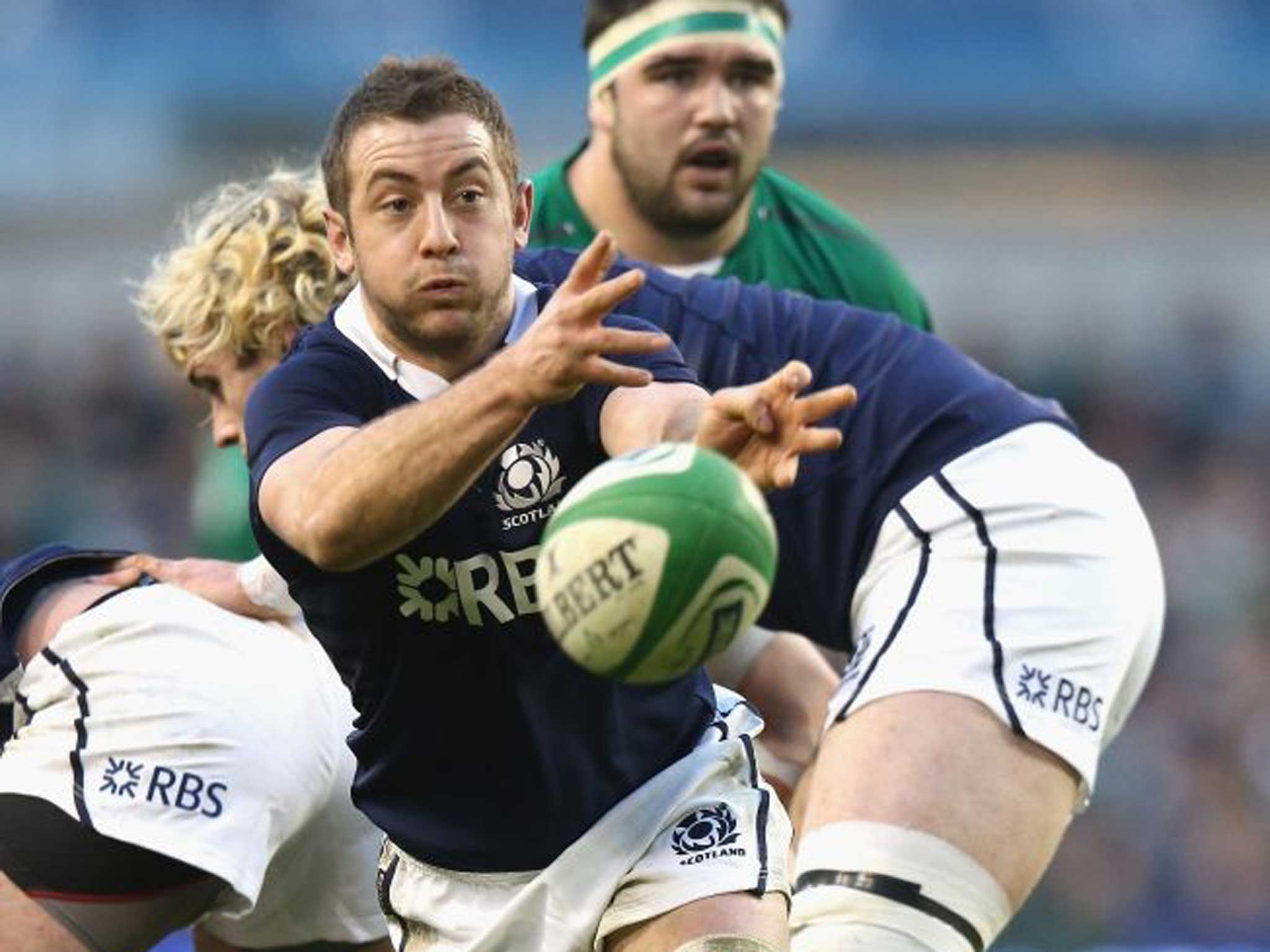Six Nations 2014: 10 things we've learnt at the tournament
Hugh Godwin on a tournament that kept us gripped until the very end

1. There are good reasons why three-peats are rare
Wales attempted to land a third title in a row with much the same XV as in 2012 and 2013. But their tactics became easier to predict, and maybe they went to the emotional well once too often against opponents naturally desperate to usurp the kings. Wales's Lions denied they were tired after their tour efforts last summer but in the dreadful loss to Ireland in particular there were uncharacteristic individual errors by Taulupe Faletau, Richard Hibbard and others. Also Sam Warburton, Gethin Jenkins and Jon Davies were rushed back very soon after long-term injury.
2. Wales have picked the right time to regroup
It is good for Wales that they can get their soul-searching done in good time for next year's Six Nations and World Cup. If they can find a prop or two, they have the playing and coaching personnel to work their problems out. The worry is whether the suits at the WRU and the regions can do likewise. Leigh Halfpenny will spend the next four months mending a dislocated shoulder – for the second visit running, the fantastic full-back was hurt saving an England try at Twickenham's North-East corner – before joining Toulon.
3. And still the obsession with size, er, grows
With each passing year, a little more of the soul that pines for grace and jinking movement dies. What in pity's sake was the gargantuan Sébastien Vahaamahina doing as a flanker for France? And was Ireland's coach Joe Schmidt correct when he wondered aloud whether Brian O'Driscoll "might be the final bastion of the smaller centre who is a creator of play rather than a direct runner". Saracens' coach and former Ireland centre Mark McCall made the same observation.
4. Veni, vidi, abscessi (I came, I saw, I retired)
Now that Italy have confirmed they will continue to enter two teams into the Pro 12 and European competitions for next season, they must have a think about pruning the national side. Marco Bortolami, Mauro Bergamasco and Martin Castrogiovanni deserve an abundance of laurel wreaths for all they have done in the Azzurri's formative Six Nations years but it is time for them to move on.
5. Scotland can score tries
No, really, they can. But they also need to concede fewer penalties. Some cuter thinking at the breakdown would have brought a win over France to go with the one in Italy. With Vern Cotter soon to make his long-awaited arrival as head coach, the Scots can build on the attacking base provided by Gloucester-bound Greig Laidlaw, Duncan Weir (whose wonderful drop goal beat the Italians), Matt Scott and Alex Dunbar, plus the currently injured Tim Visser and Sean Maitland. Oh, and their jerseys had proper collars on, bless them.
6. Stand by for a surfeit of science
Cycling's marginal-gains man Matt Parker will soon be ensconced at the England rugby team's training centre under construction in Bagshot. Its high roof will facilitate kicking practice, while Parker beavers away analysing individual players' sweat-rate and whether they should train in the evening to replicate World Cup kick-off times. Mind you, after poo-pooing the effectiveness of cryotherapy, England used the deep-freeze technique following the Wales match. Allowing me to say… the icemen cometh.
7. TV must rein in the replays
Television often tends to the over-theatrical – and I don't mean Brian Moore bringing his "Complete Works of Shakespeare" to every match – but the almost constant recourse to the television match official for decisions in tries is actually diluting the drama. It also leaves the commentator caught between a rock of making a call that might be proved wrong and the hard place of hedging his bets. And then there was the unfortunate Eddie Butler, shouting "and Jonny May… scores!" against Ireland when the wing certainly should have done – but didn't
8. Do believe the hype
It felt preposterous for Stuart Lancaster to predict the World Cup pool meeting between England and Wales on 26 September next year would have "10 times" the profile of last week's match. But the juices are flowing already at the thought of the next Wales v England rematch in Cardiff. It kicks off the 2015 Six Nations, and then we career towards Twickenham in the World Cup, when the losers will probably need to beat Australia to make the quarter-finals.
9. There's nothing to beat the long-range score
The sight of the goalline may sometimes muddle English minds but, overall, exciting tries made a comeback. With 18 passes through eight phases, Gaël Fickou's try against England was one for the ages. George North splintered the French, while Twickenham was rocking (literally – the press seats actually swayed to and fro) as the moves flowed to the crescendo of Danny Care's score against Ireland.
10. Referees may not always be so lonely
While referees are heard more and more often to tell carping players to shut up, the miscreants are pleading football-style, arms outstretched, to the touch judges instead. The scrum generally improved thanks to the new directives, but the incomplete ones almost always broke up with the prop harassing the man with the flag. There is an ongoing trial in South African university matches of two on-field referees sharing the load. It's the future – you read it here first.
Subscribe to Independent Premium to bookmark this article
Want to bookmark your favourite articles and stories to read or reference later? Start your Independent Premium subscription today.

Join our commenting forum
Join thought-provoking conversations, follow other Independent readers and see their replies